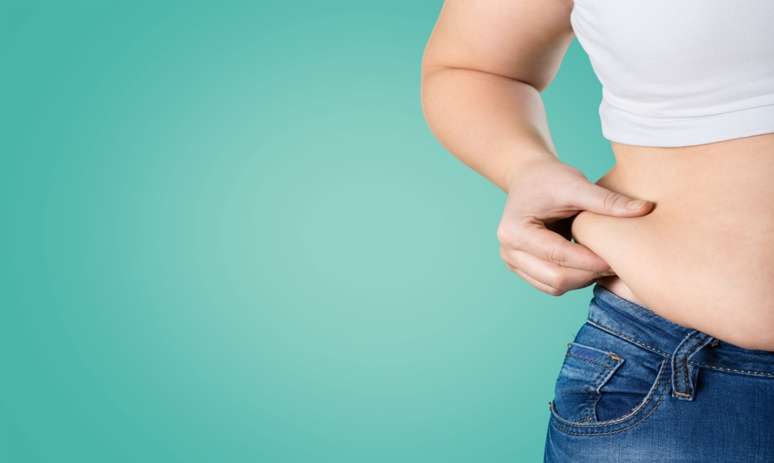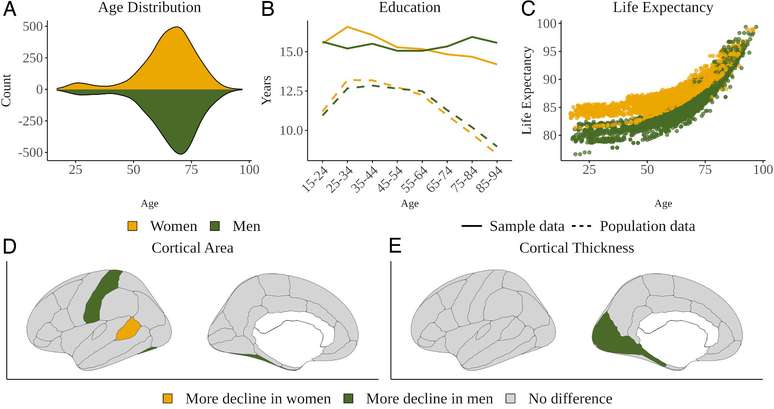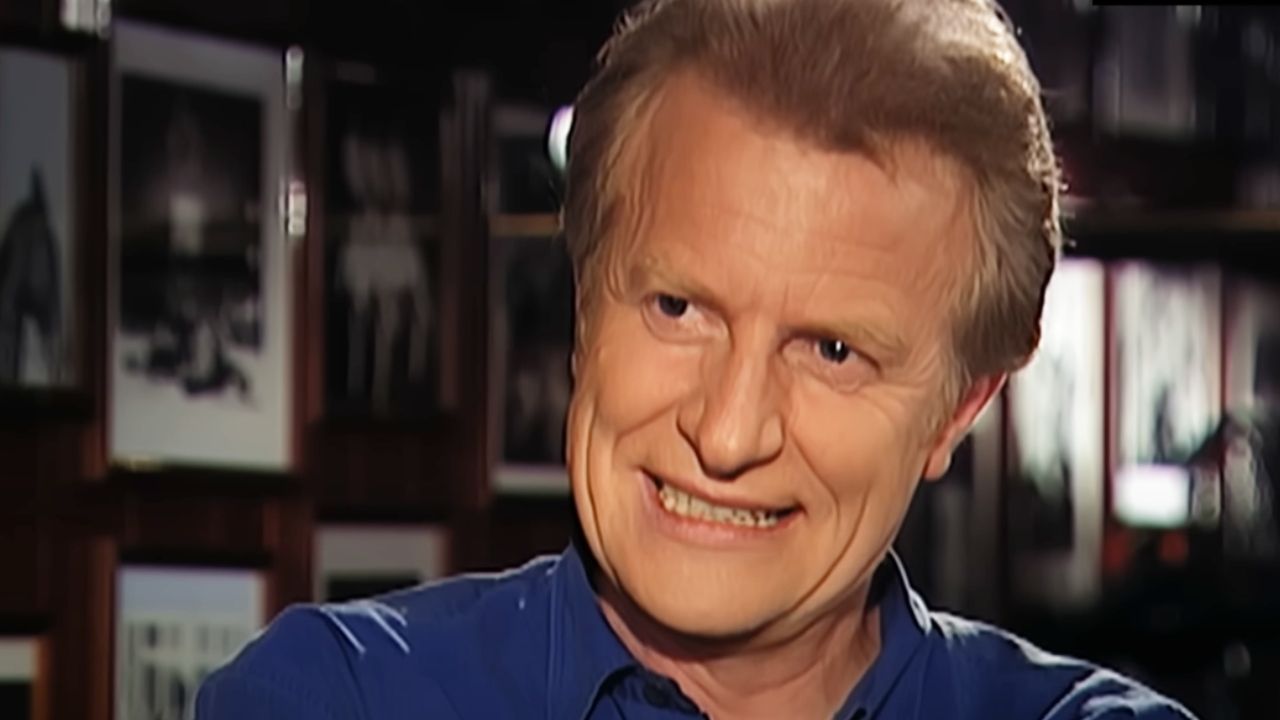For a doctor who specializes in low-carb diets, calories are not the only cause of being overweight. Find out what has the most impact on the body
When it comes to overweight and obesity, the focus of most people, including health and nutrition experts, is almost exclusively on calorie balance. However, although calorie deficit is a necessary condition for losing weight, the real causes of weight gain are more complex.
Dr. José Carlos Souto, a reference in low-carb, points out that the fact that greater calorie consumption is associated with weight gain does not mean that it is the only cause. “Growing a child or pregnancy are also situations where you consume more calories than you use, but that doesn’t mean anyone would say that eating too many calories is the cause of these conditions,” he explains.
Impact of insulin on overweight
According to Souto, the accumulation of fat (or its release from adipose tissue) is a highly regulated process, in which several chemical mediators and hormones act, the main one being insulin.
“Put simply, insulin, at high levels, promotes fat storage in the body and, at lower levels, stimulates the release of fatty acids from the cell,” he says.
This is important, Souto points out, because both fat and glucose can be a source of energy for almost every cell in the body. When we eat foods rich in glucose, stored body fat is underutilized. This is because glucose is a priority energy source.
On the other hand, with the reduction of carbohydrate consumption, which produces a relative glucose deficiency, the release of body fat begins. This process promotes weight loss.
Hormones also count
According to the expert, understanding the importance of hormones leads to the conclusion that calories are not all the same in their biological effects. The doctor states that calories are units of measurement. Furthermore, they alone do not have the ability to “command” the body whether or not to store body fat.
This is why hormones exist which, in turn, are stimulated by food. “Different foods have different hormonal (endocrine) effects. And it is not calories that determine these hormone levels,” says José Carlos.
According to the doctor, the composition of the food we eat is fundamental. He only remembers that insulin responds more to increased glucose, which, in turn, is found in abundance in foods rich in carbohydrates.
The powers of the low carb diet
However, Souto points out that the carbohydrate-insulin hypothesis partially explains the causes of weight gain, but is incomplete. This is because, according to this theory, a low-carb diet would be enough for weight loss to occur, regardless of calories. But we know this is not true. After all, low-calorie diets make you lose weight, even if they are rich in carbohydrates, even if they cause hunger.
Furthermore, if the hypothesis is 100% correct, a diet rich in proteins should harm weight loss, since they also increase insulin, the expert points out. “But that’s not what happens: several scientific studies have already shown that increased protein consumption is associated with weight loss,” he says.
So food’s effect on insulin is just one part of a larger puzzle that helps explain why a low-carb diet is so effective for weight loss.
According to the doctor, those who want to lose weight should at all costs avoid suffering from hunger, as happens in diets focused on calorie counting. “Hunger is the cemetery of diets,” he says.
In this sense, the low-carb eating strategy is much more interesting. “This is because, if well formulated, it produces greater satiety, spontaneously reducing calorie intake. Calories count, but you shouldn’t count them”, concludes the expert.
Source: Terra
Ben Stock is a lifestyle journalist and author at Gossipify. He writes about topics such as health, wellness, travel, food and home decor. He provides practical advice and inspiration to improve well-being, keeps readers up to date with latest lifestyle news and trends, known for his engaging writing style, in-depth analysis and unique perspectives.









